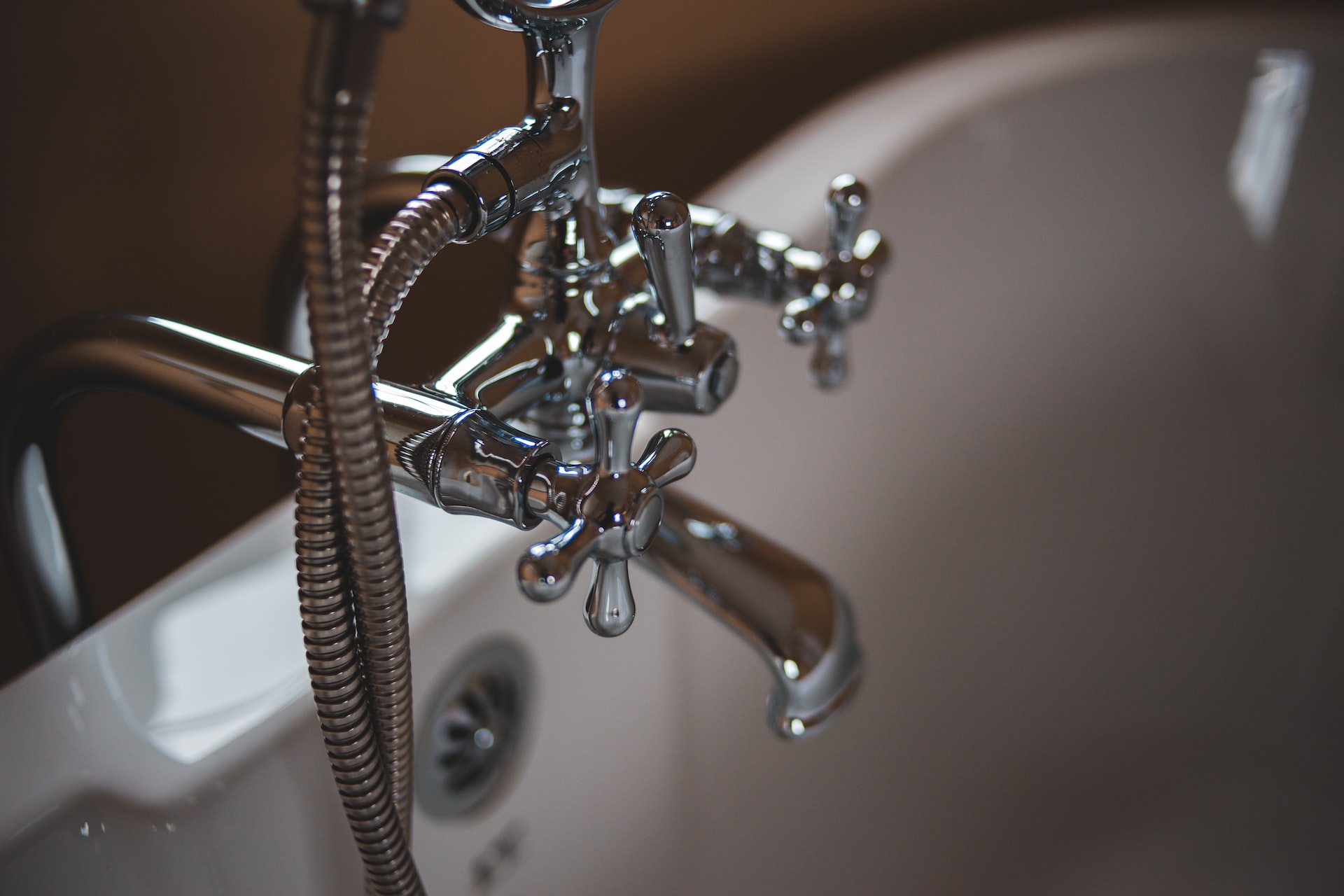Plumbing plays an important role in public health. The development of plumbing systems allowed humans to manage and direct water for their use. Plumbing also allows us to separate clean from dirty water to benefit our health, hygiene, and general well-being. Its importance lies in its impact on the spread of infectious diseases.
Contents
Leaky Pipes
A recent study by Sheffield University found that leaky pipes pose a serious health and safety risk. It showed that contaminants and other harmful substances could enter water pipes through leaks. The water in a pipe is constantly forced to rise and fall in pressure, creating an environment where these contaminants can travel. A leaky pipe may be simple to ignore, especially if it is only a small leak. However, you should make an immediate call to qualified plumbers in Albuquerque.
Even the smallest leak can cause problems. Even if it doesn’t affect your daily life, even a few drops of water a day can make your home damp and cause black mold and other types of fungus. In addition, if not detected and fixed quickly, leaks can lead to expensive repairs and structural damage. Structural damage in a commercial building or office could be dangerous for everyone in it, make sure you repair it as soon as possible and put signage on places that are considered to be dangerous.
Clogged Drains
Clogged drains can cause some health problems. They can carry pathogens and bacteria, causing the spread of infections and diseases. As a result, proper maintenance of drains is essential for public health. Clogged drains can also cause environmental problems. In some instances, clogged drains can lead to hazardous waste buildup.
In addition to creating foul odors, clogged drains can also create a breeding ground for bacteria and insects. These insects may also attract other critters. Some of them may carry disease that affects the health of the people in the home. Moreover, damaged drains can be expensive to repair.
Improper Piping Materials
Improper piping materials can adversely affect the quality of water supplied to a home or business. These issues are most common in older homes with pipes installed before 1960. In addition, improperly protected pipelines tend to rust over time and may release harmful elements such as lead, cadmium, and zinc. Fortunately, proper design and construction can avoid these problems.
The issue of contaminated water and potential health risks due to compromised plumbing systems has gained significant attention, as exemplified by cases like the Camp Lejeune water contamination lawsuit. Instances of leaky pipes, clogged drains, and improper piping materials can introduce contaminants and hazardous elements into our water supply, posing significant health risks to individuals and communities. Understanding these risks and promptly addressing plumbing issues is pivotal to safeguarding the health and safety of households and public spaces. Hence, ensuring regular plumbing maintenance and addressing any signs of compromised water quality are essential steps to mitigate potential health hazards associated with a flawed plumbing system.
Galvanized Pipes
Galvanized piping is an environmentally dangerous material that can dissolve into your water supply. Galvanized pipes are typically steel pipes coated with zinc, but the zinc is prone to corrosion and rust buildup. Therefore, if you have galvanized pipes in your home, it’s time to replace them.
While galvanized pipes are generally good for a few years, their performance decreases after decades. The deterioration begins inside the pipe, where small lead particles may collect. These particles can be ingested and cause health issues.
Yellow Water Caused by Rust
If you notice yellow water in your bath, you may be experiencing rust in your plumbing. It can be caused by a rusty water heater, corroded pipes, or contaminated water from your water supplier. It can cost between $120 and $300 to clean the corroded faucets and pipes in your home, or it can cost you up to $15,000 to replace the pipes and plumbing fixtures. The replacement cost depends on the type of material you choose, where the pipes are located, and the size of your home.
If you find yellow water due to rust in your plumbing, don’t drink it. Instead, you should contact your supplier to get the problem fixed. If the water comes from a tap or the main pipe, it may be safe to bathe in. Although human skin cannot absorb metals, dirty water is not the best to clean your body.
Improper Maintenance
Improperly maintained plumbing systems can have adverse effects on health and safety. If not maintained properly, they can damage and corrode, affecting the environment and human health. Plumbing systems have been around for centuries and were created to keep wastewater and human waste away from human habitations. Modern plumbing systems are much more efficient than their predecessors, but they are still vulnerable to failure. If you are concerned about your plumbing system, contact a plumber.
The health and safety of your family are directly affected by faulty plumbing. It affects the quality of air, drinking water, and household cleanliness. In addition, proper maintenance of plumbing systems can prevent medical issues and costly repairs. For instance, older homes often use faulty piping, which can leach toxic materials into the water and harm people and equipment.



